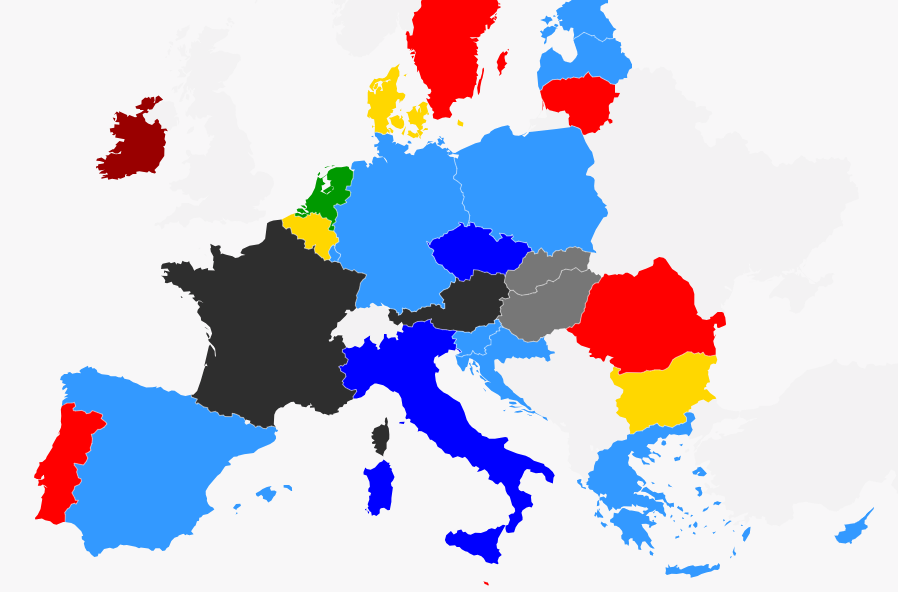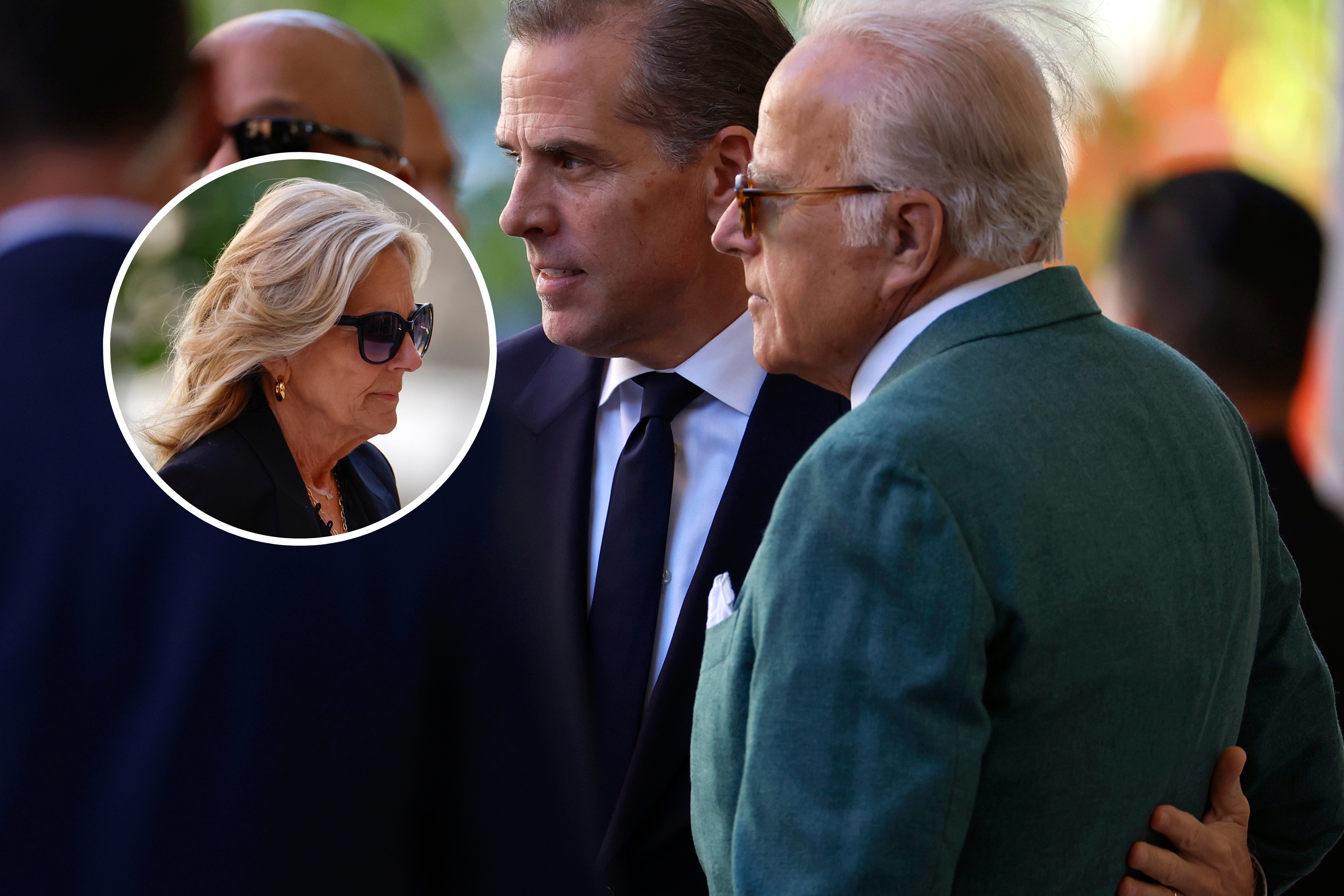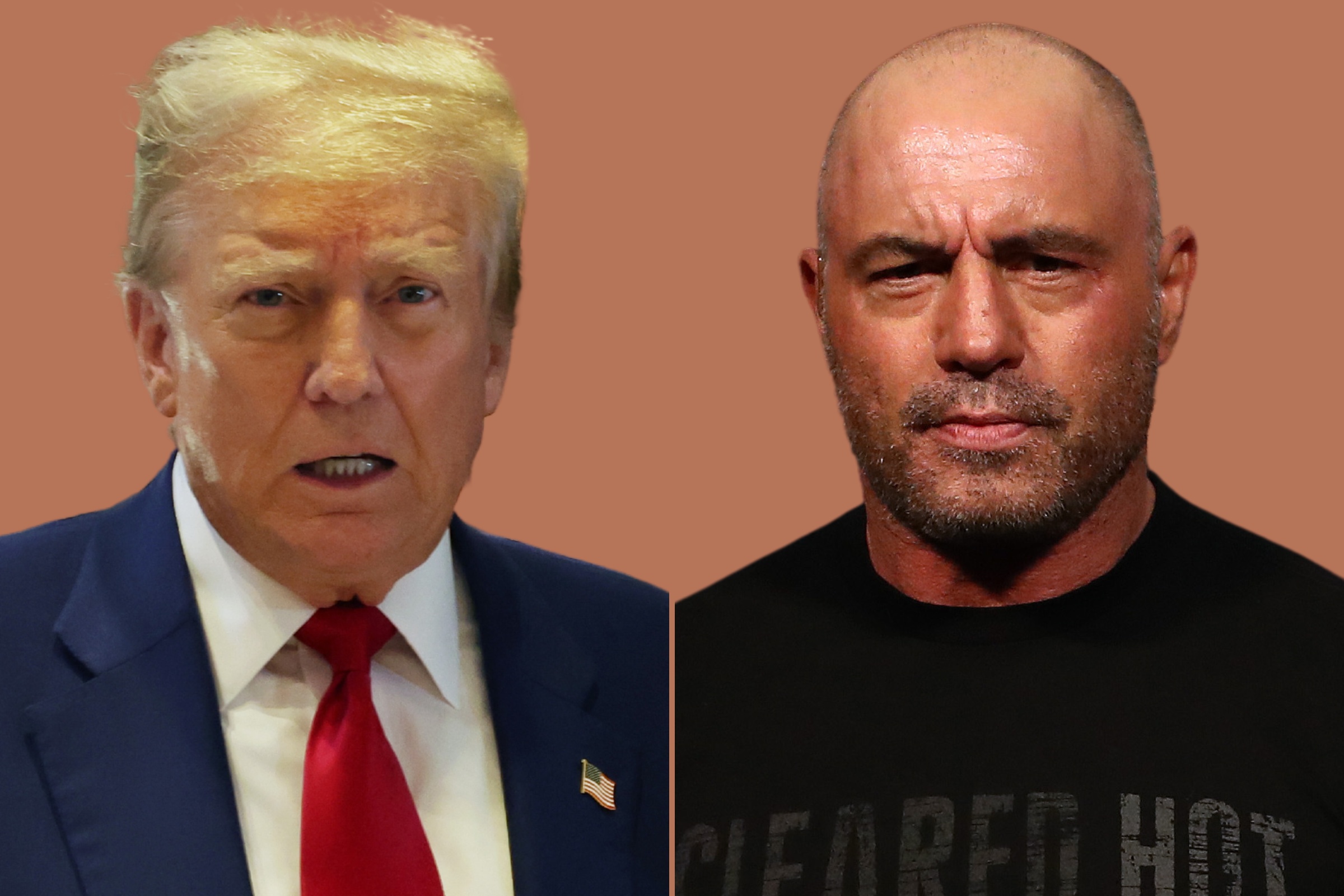Once every decade or two, in the life of a great nation, celestial bodies align just right and set the stage for change. For the People's Republic of China, which has already achieved a stunning rags-to-riches transformation, 2007 promises to be such a year.
The biggest catalyst for the country's extreme makeover, of course, is the looming 2008 Summer Olympics. Over the past few years Beijing's race to erect prestigious Olympic venues and create a "Chinese-style Manhattan" scarred the Chinese capital with vast, yawning construction sites. Now many are morphing into glittering, cutting-edge architectural gems. Yet the "Olympic effect" is more than a physical face-lift. Preparing for the Games has become a nationwide exercise in soul-searching and self-improvement, too. "People are learning how to behave in the eyes of the international community," says Xing Yue of the International Studies Institute at Tsing-hua University, where she reports that students have begun signing up as Olympic volunteers. That's no small shift. Thanks to a stringent one-child family-planning policy launched in 1980, most university students are spoiled single children, part of an entire generation of youth who normally think only of themselves.
What the world needs to understand, however, is that change will be neither automatic nor easy. When Beijing won its Olympic bid in 2004, many China watchers predicted the Games would trigger a newfound political openness, as in Seoul nearly two decades ago. There the 1988 Summer Olympics were preceded by months of street protests against an authoritarian South Korean regime. Ultimately, Seoul's military brass took steps to hand power over to civilians before the unrest tarnished the Games. Beijing, too, has shown some willingness to embrace the Olympic spirit. Officials have agreed to allow foreign journalists more freedom to report than ever before, starting next year. Though the new rules expire in October 2008, some officials hint the liberalizing trend will continue.
But China isn't about to reform just because outsiders hope or expect it to do so. If Washington wants to nudge Chinese officials toward change--particularly on the trade front, where America's bilateral deficit with the People's Republic has mushroomed to $229 billion a year--U.S. officials need to understand Beijing's priorities better. The high-powered delegation that Treasury Secretary Henry Paulson led to China in mid-December was a good start. Rather than obsessing over the trade gap per se, Paulson was promoting a new "strategic economic dialogue" that included officials whose portfolios lay outside the traditional economic box--such as health care and environment. In negotiations with Beijing he aims to take a longer-term approach, and to help "right-minded Chinese officials" show their colleagues and the world how policies on finance, energy, environment and combating poverty are all intertwined, says Daniel Rosen of the consultancy China Strategic Advisory, who has advised the Treasury secretary on China-related issues. "Paulson is taking the most comprehensive approach to China any senior U.S. official has ever taken."
At the same time, too many Chinese apparatchiks remain hidebound and defensive about foreign "meddling." Beijing instead needs to start acting with the self-confidence of the great power it wants to be. Next fall the Chinese Communist Party will likely usher in a younger team of leaders. The new wave should acknowledge that the regime needs to open up for its own sake--to remain relevant and accountable--regardless of whether the West is pushing such reforms, too. "People are looking to us for major changes," says a senior government official from this younger group, who requested anonymity because of the topic's sensitivity. "They realize the current generation [of leaders] can only go so far." If those changes at the top materialize, many more could well be in store for China.
Uncommon Knowledge
Newsweek is committed to challenging conventional wisdom and finding connections in the search for common ground.
Newsweek is committed to challenging conventional wisdom and finding connections in the search for common ground.





